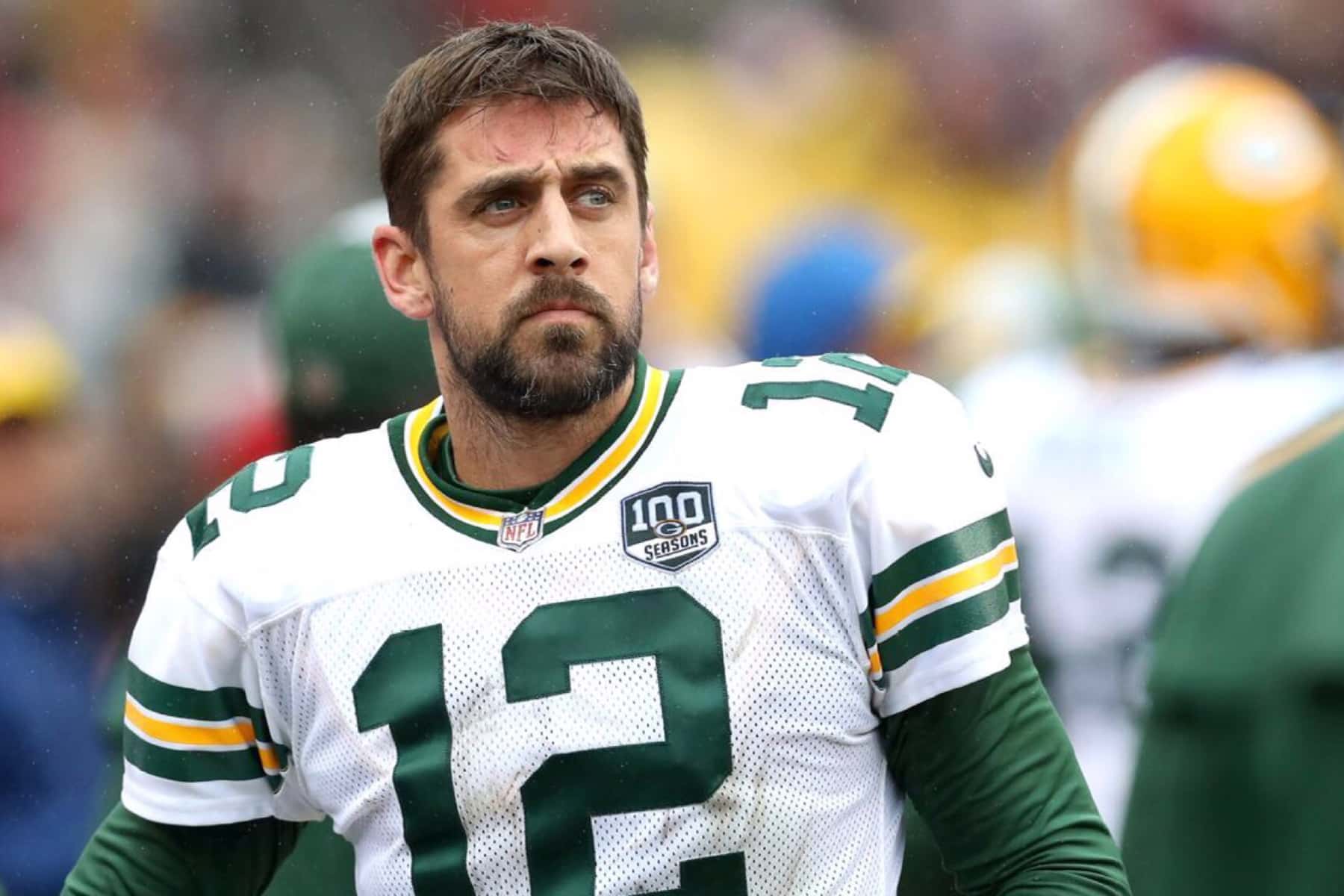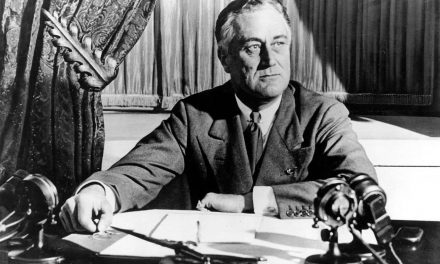
Aaron Rodgers could have been hosting the iconic quiz show Jeopardy! The Green Bay Packers quarterback was at one point a leading candidates to take over for the late Alex Trebek. Rodgers got rave reviews during his tenure as a guest host. But after his public-relations disaster during an interview on the “Pat McAfee Show” on November 5, the Jeopardy! producers can consider themselves fortunate for not selecting him as the new host.
Currently unavailable to play with his team after testing positive for COVID-19, Rodgers went on the SiriusXM program after reports emerged revealing he was, at best, fudging the truth when he previously claimed he was “immunized” rather than fully vaccinated. The good news was that this time around, he was more direct. The bad news, was that he was probably way too honest for his own good.
It could have gone much easier for all involved. When given a chance to defend himself for not being vaccinated, Rodgers claimed he had “an allergy to an ingredient that’s in the mRNA vaccines.” Had he stuck with this line of defense, he could have deflected some of the criticism that was to come. Sure, after the “immunized” debacle, Rodgers would not have gotten the benefit of the doubt that he would have been given a week earlier, but it would have been far more prudent than the path he did take directly off the rails.
Instead, Rodgers’ interview featured an avalanche of anti-vaxxer buzzwords and all-too-familiar phrases, each one laying bare the hollowness of his disclaimer that he was not “anti-vax.” You’ll never guess it, but Rodgers did his own research with the aid of none other than conspiracy theory-minded podcaster Joe Rogan. He confirmed that his personal “immunization protocol” included ivermectin and then proceeded to rail against “the woke mob” and “cancel culture.” He even threw in a Martin Luther King Jr misquote, as if he were trying to pull off the Full Tucker Carlson.
The interview, which inspired nonstop ridicule on social media, threatens to irrevocably hurt the reputation of someone who – just months ago – was one of the most beloved athletes in the country. Since replacing Brett Favre as Green Bay’s starter in 2008, Rodgers quickly became one of the NFL’s most bankable stars. He established himself as one of the most exciting and talented quarterbacks in the game and his charming off-the-field persona had, until recently, translated into a broad appeal that few other athletes could claim.
How broad? A 2020 survey revealed that just 8% of respondents had a negative opinion of Rodgers. That is quite impressive considering how little fun it is for non-Packers fans to watch the league’s reigning Most Valuable Player dismantle their team’s defenses on a regular basis. He even helped break down the stereotype that athletes couldn’t also be intellectually curious, a fact which ironically could be his undoing if it led him to take his current stance on COVID-19.
His reputation will not survive this unscathed. As ESPN’s Mina Kimes points out, Rodgers’ irresponsible comments are not just harmless nonsense. Having already put others in danger with his decision, he added to the harm by going on record by spreading misinformation couched in the all-too-familiar language of the nation’s massive anti-vaccination movement. “My body, my choice” breaks down when we are talking about infectious diseases.
That point is key here. Rodgers isn not the only NFL quarterback who has publicly pushed treatments of dubious medical value. One of the reasons that Tom Brady now plays for the Tampa Bay Buccaneers is that the New England Patriots did not approve of his closeness to controversial “nutrition advisor” Alex Guerrero. Meanwhile, the Seattle Seahawks’ Russell Wilson has been selling his fellow athletes on a type of water that supposedly helps treat concussions – there is no credible medical evidence that it does so.
While both Brady and Wilson received some negative media attention for propping up what we will charitably call “unproven remedies”, they were smart enough to not escalate the bad press as Rodgers has. Also, to state something that should be obvious but clearly isn’t, there’s a difference in magnitude between making wild, untested claims about the benefits of drinking water and spreading proven disinformation during a literal pandemic.
Rodgers is not heading towards a full-blown “cancellation,” however much as he seems to be itching for one. Conservative football fans – a not-insignificant portion of the NFL audience – will embrace him as one of their own. He is already setting himself up for a profitable future in right-wing punditry circles. As his friend Rogan knows, there is a lot of money to be made in calling out the so-called “woke mobs.”
There will almost certainly be consequences, however. Rodgers might lose a few sponsorships and the NFL – probably more irritated at being criticized than the fact that Rodgers misled the public about his vaccination status – has already launched a media counterattack. The Packers also cannot be happy with any of this, but since Rodgers has already made it clear that he wants out of the organization that might be more of a feature rather than a bug here.
Rodgers’ pocketbook might take something of a hit, but as long as he is one of the top quarterbacks in the league, he will be fine financially. Where the real damage will come will be in his public standing. Rodgers will never compete for the title of most-liked player in the league again and he has nobody but himself to blame. Not all defeats in the NFL happen on the field.
Huntеr Fеlt
Green Bay Packers
Unedited portions originally published on The Guardian as Anti-vaxxer Aaron Rodgers’ spectacular fall from grace happened in record time
Help deliver the independent journalism that the world needs, make a contribution of support to The Guardian.













